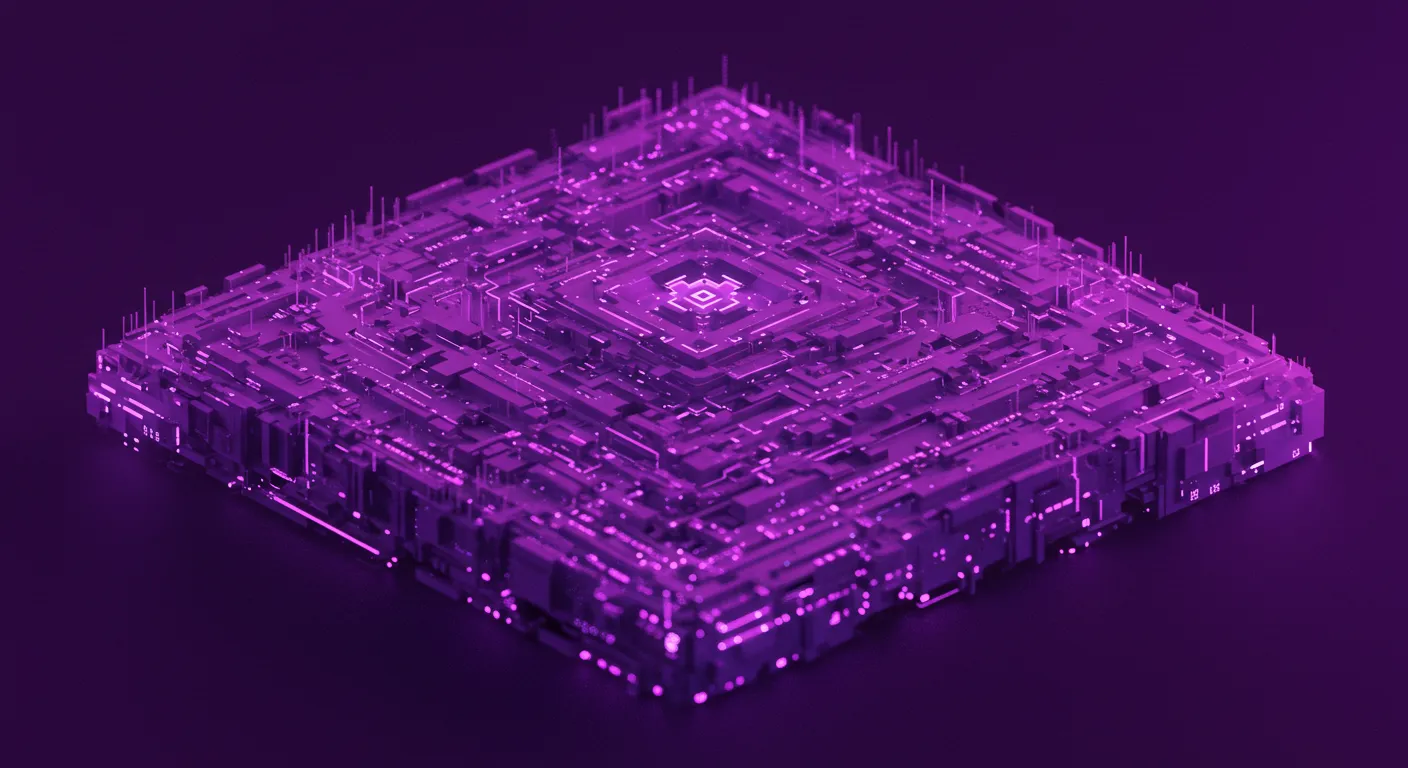In the ever-evolving world of web development, a new Python framework called Plain is stirring up conversation and controversy. Positioned as a fork of Django, Plain aims to challenge established patterns while maintaining the core strengths of its predecessor.
Online commentators have been wrestling with the framework's purpose and potential, expressing a mix of curiosity and skepticism. Some view Plain as a necessary evolution, suggesting that Django has become somewhat rigid in its approach to modern web development challenges. Others see it as a potentially divisive project that might fragment the Django community's collaborative spirit.
The framework's creator appears motivated by a desire to streamline web development, addressing pain points like task management, API creation, and overall framework complexity. However, many developers are questioning whether Plain truly offers enough innovative features to justify breaking away from Django's mature ecosystem.
Central to the debate is the challenge of maintaining backward compatibility while introducing meaningful improvements. Some online commentators argue that contributing packages to Django might be more constructive than creating an entirely new fork, while others applaud the spirit of open-source experimentation.
Ultimately, Plain represents a fascinating microcosm of open-source development: a bold attempt to reimagine a beloved framework, driven by a combination of technical vision and community frustration. Whether it will gain traction or fade into obscurity remains to be seen.


